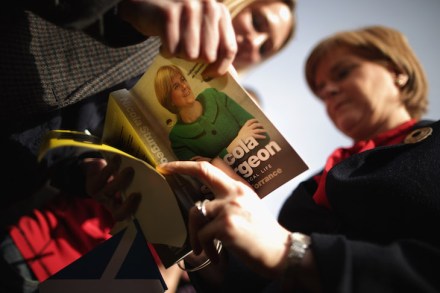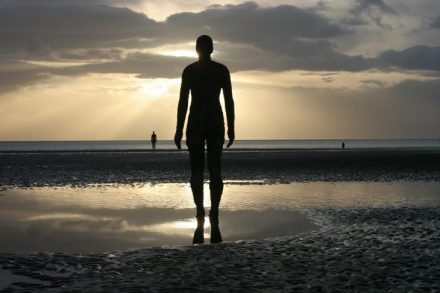China syndrome | 13 July 2017
More from BooksEvery day on his way to work at Harvard, Professor Allison wondered how the reconstruction of the bridge over Boston’s Charles River could take years while in China bigger bridges are replaced in days. His book tells the extraordinary story of China’s transformation since Deng abandoned Mao’s catastrophic Stalinism, and considers whether the story will





























